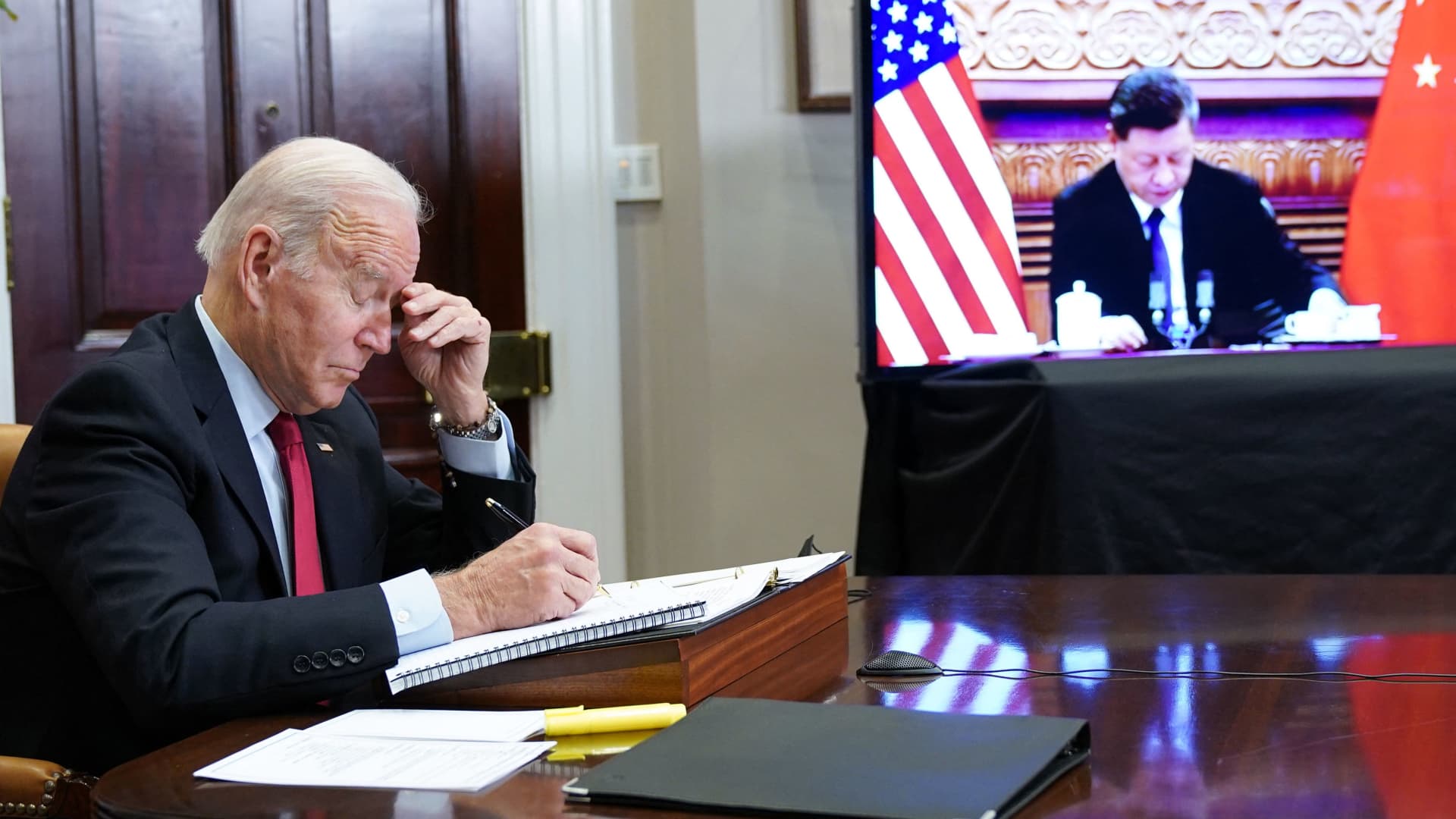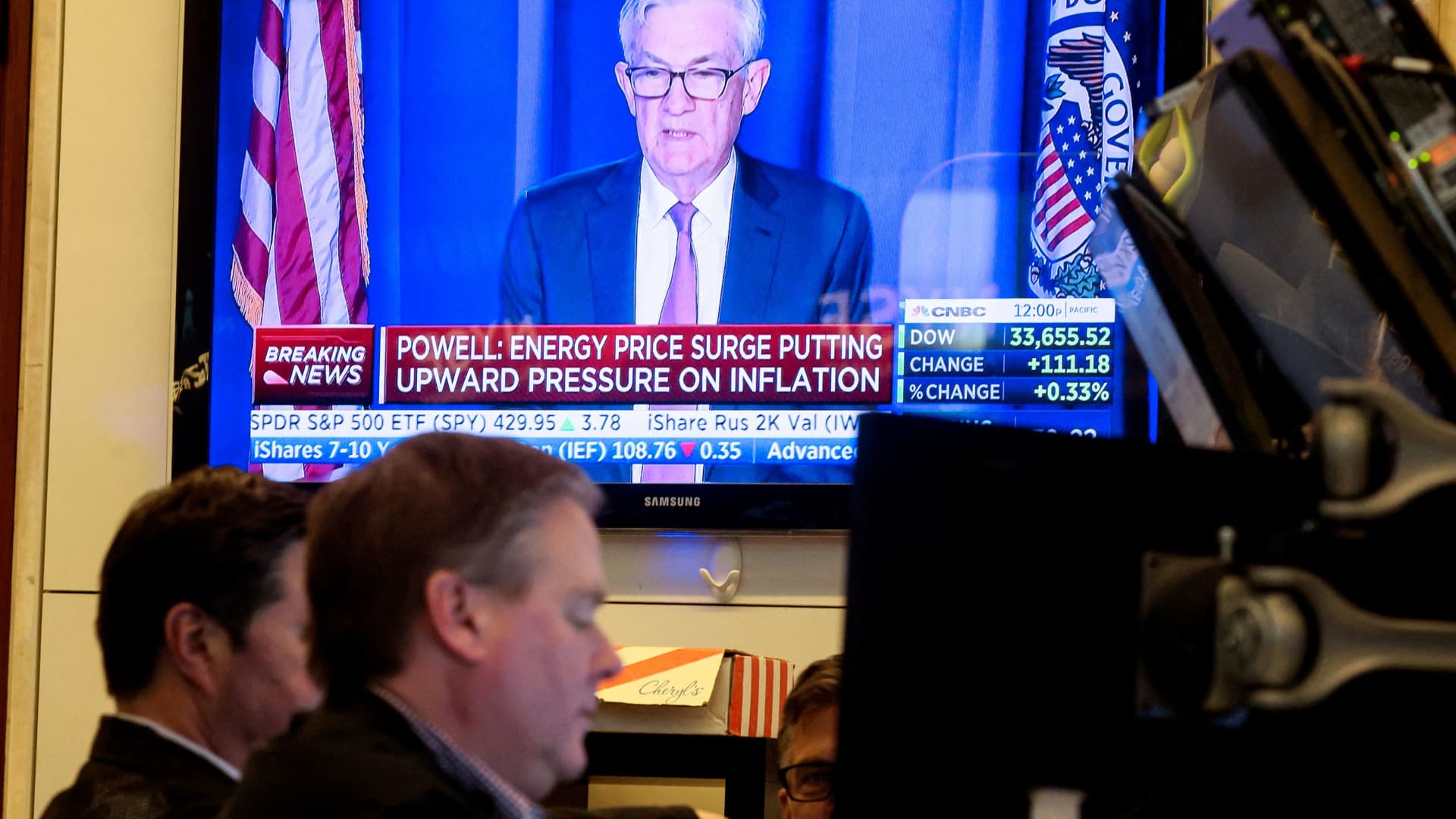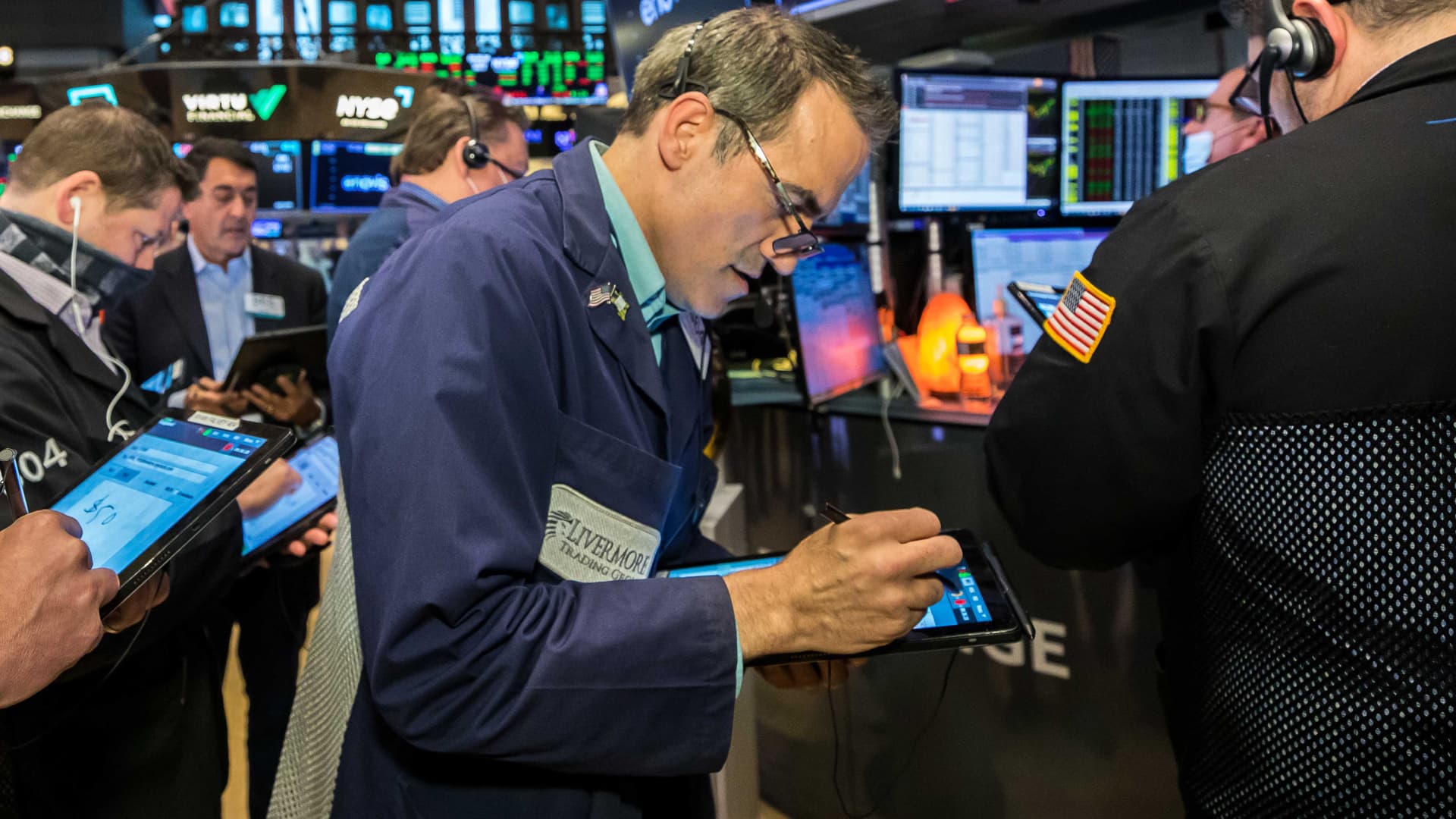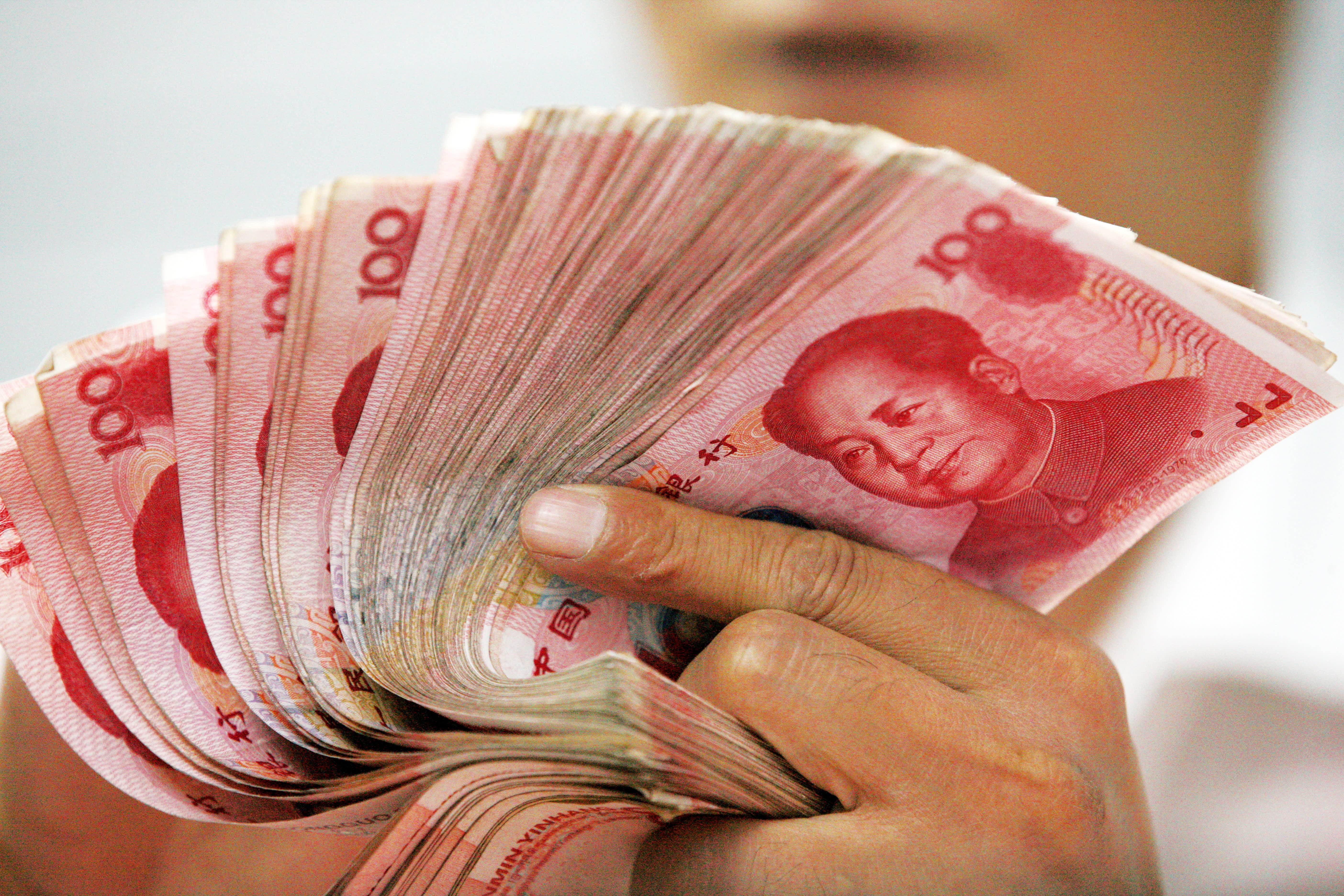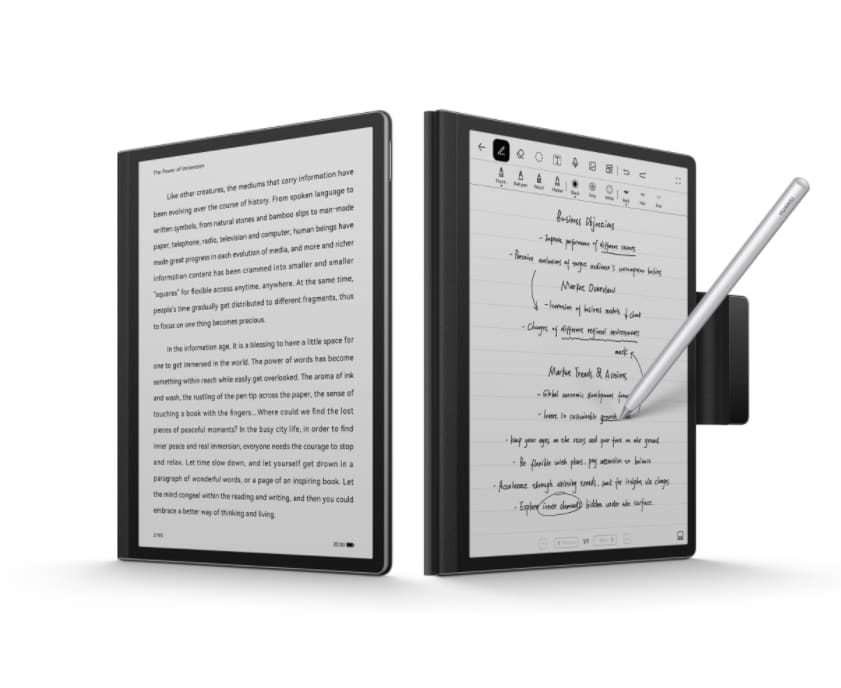Japan gains about 2% as Asia-Pacific markets rise; RBA expects inflation to peak by year end
Asia-Pacific markets were mostly in positive territory on Tuesday while the Australia's central bank governor says inflation will peak at the end of the year.
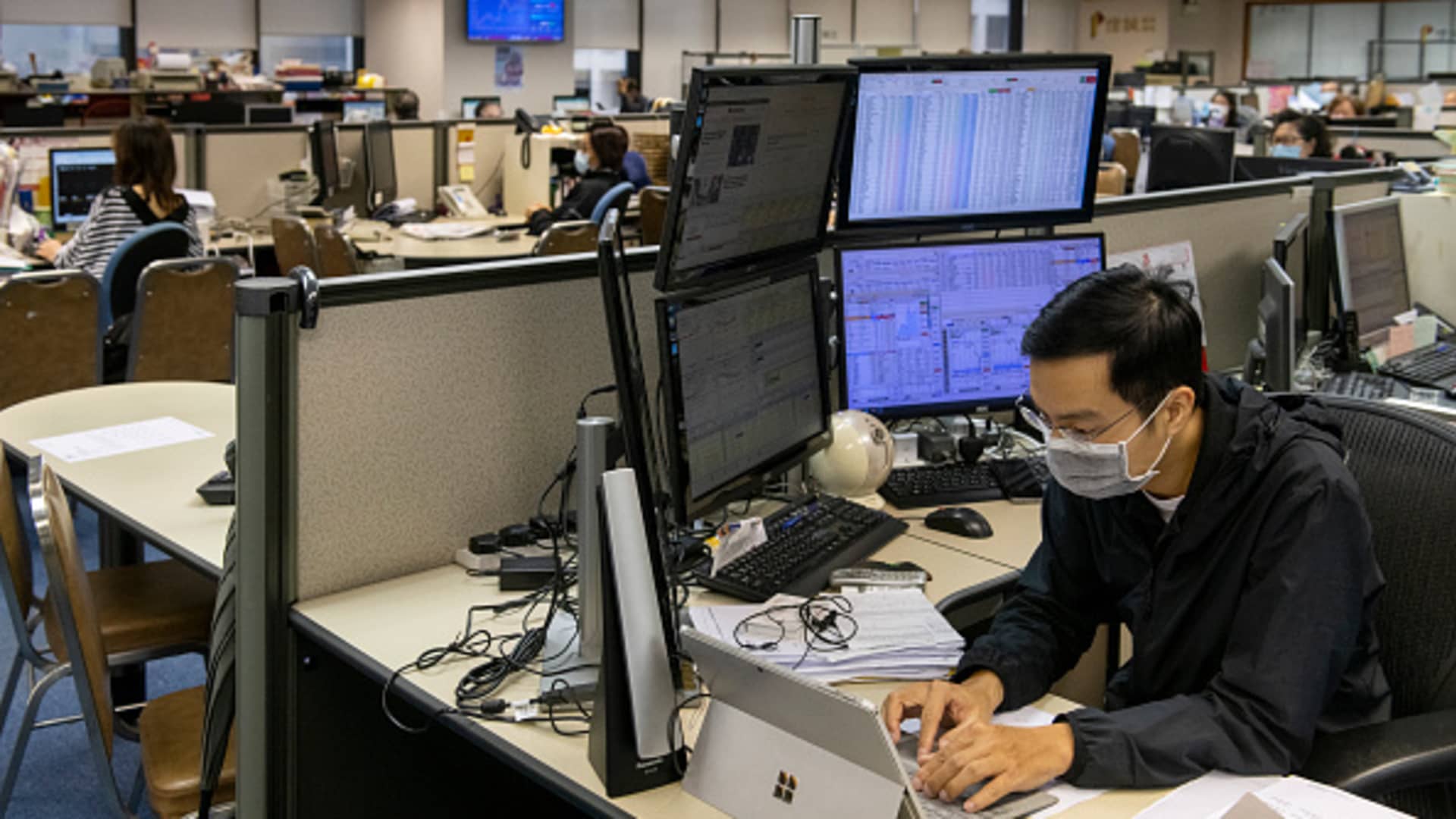
SINGAPORE — Asia-Pacific markets were mostly buoyant on Tuesday while bitcoin continued to rise after a recent rebound. Meanwhile, Australia's central bank says inflation will peak by the end of the year.
Japanese stocks led gains, with the Nikkei 225 trading 1.84% higher to close at 26,246.31, while the Topix also rose by 2.05% to close at 1,856.20. Shares of conglomerate SoftBank Group surged by nearly 3%.
Taiwan's Taiex index also rose more than 2% to finish at 15,728.64.
Hong Kong's Hang Seng index climbed 1.66% as of the last hour of trade, with tech stocks Tencent and Alibaba posting gains of 2.27% and 1.25% respectively.
Mainland Chinese stocks struggled for gains, with the Shanghai Composite dipping 0.26% to close at 3,306.71 while the Shenzhen Component sat 0.51% lower at 12,423.86.
The central banks have a playbook and that playbook tells them if inflation is 8.5%, if we want to kill inflation, we got to raise interest rates above 8.5%...
Mark Mobius
Mobius Capital Partners
The Kospi in South Korea was also in positive territory, trading 0.75% higher to finish at 2,408.93.
Australia's S&P/ASX 200 rose 1.41% to end the day at 6,523.80. The MSCI's broadest index of Asia-Pacific shares outside Japan was up 1.37%.
Australia signals more rate hikes ahead
The Reserve Bank of Australia governor Philip Lowe said in a speech that he expected inflation in Australia to peak at around 7% by the end of the year as pandemic-related supply chain disruptions resolve.
Lowe said monetary policy tightening and interest rate hikes globally would work together to drive down inflation by creating a balance between the demand and supply of goods.
"Achieving that balance is not straightforward and there are risks involved, but higher interest rates will lessen the current inflationary pressures," he said, adding that Australia should expect more rate increases with the RBA committed to charting back to inflation levels of 2% to 3%.
Meeting minutes released this morning showed the bank had leaned towards more tightening amid a resilient economy with record-low unemployment rates.
Stock picks and investing trends from CNBC Pro:
U.S. markets are set to return to trade on Tuesday after a holiday on Monday. The major averages last week suffered their 10th losing week in 11 on fears that the central bank will hike rates aggressively to tame inflation at the risk of causing an economic downturn. The S&P 500 dropped 5.8% last week for its biggest weekly loss since March 2020, dipping deeper into bear market territory.
"In reality, and upon scrutiny, market moves by and large bear the hallmarks of measured short covering after the brutal sell-off last week, not unbridled strengthening," Mizuho Bank's Tan Boon Heng said in a note.
Meanwhile, Federal Reserve Chair Jerome Powell is expected to deliver his semi-annual testimony to Congress this week.
"It is not hard to imagine that Fed Chair Powell is grilled, and held to account, on the political hot potato issues of inflation," Tan said. "In response, Powell may reiterate his recent statement on the Fed's desire for, and dedication to, 'unconditional' assault on inflation."
Speaking to CNBC's "Squawk Box Asia" on Tuesday, Mark Mobius of Mobius Capital Partners says there is a likelihood that U.S. interest rates may spike to as high as 9%.
"The central banks have a playbook and that playbook tells them if inflation is 8.5%, if we want to kill inflation, we got to raise interest rates above 8.5% so that the real rate is better than eight-and-a-half. So you're looking at 9% interest rates," he said.
Currencies and oil
Oil prices were higher in the afternoon of Asia trading hours with the international benchmark Brent crude futures up just over 1% to $115.32 per barrel. U.S. crude futures also increased by 1.15% to $110.82 per barrel.
The world's largest cryptocurrency bitcoin rose on Monday after falling below its 2017 high over the weekend. It climbed above the $20,000 mark for much of the day. On Tuesday during Asia trading hours, bitcoin last rose about 5.64% to around $21,179, according to Coin Metrics data.
The U.S. dollar index, which tracks the greenback against a basket of its peers, was last at 104.166.
The Japanese yen traded at 135.19 per dollar, weakening from levels below 134 seen last week. The Australian dollar was at $0.6981, still softer than last week's trade of above $0.70.

 Koichiko
Koichiko 







